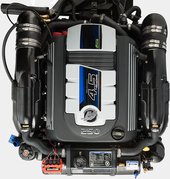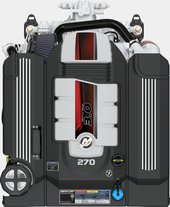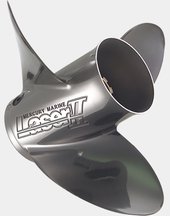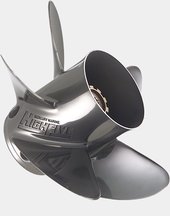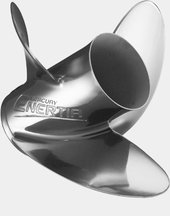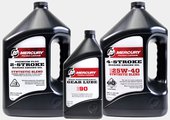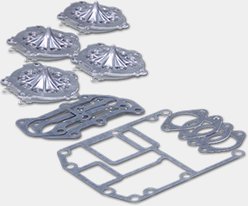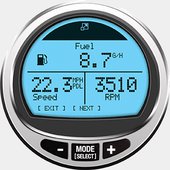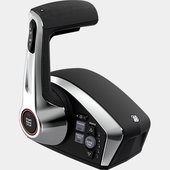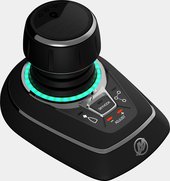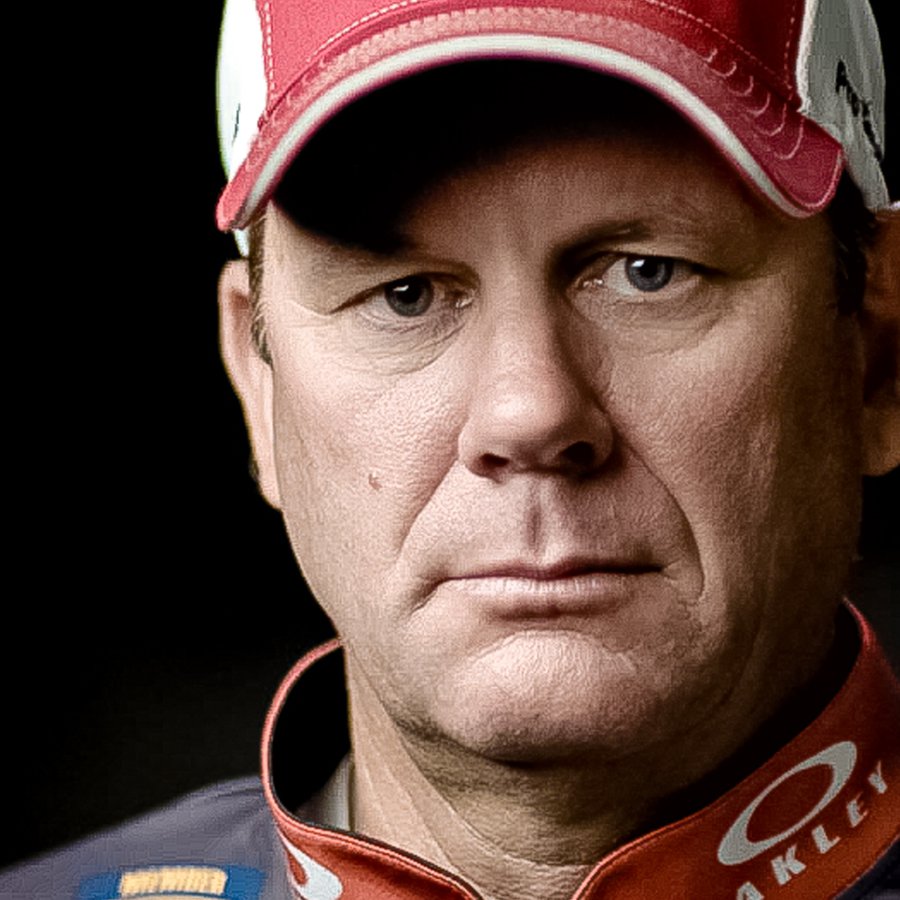It’s there with so many sons. That desire to be like their dads; to make them proud.
When it happens, it’s something special. Sometimes it’s as simple as a handshake and nod that say it. Other times, it’s those moments we see on television of an athlete hugging and crying in their dad’s arms after winning a championship. Either way, it’s a father-son moment that’s to be cherished, because the road to get there is not always easy, if they get there at all.
Brian Latimer knows this all too well.
Like so many sons, Brian grew up only wanting to be just like his dad, Jimmy. And not the part of owning his own landscaping company (though Brian did plenty of that, too). No, he wanted to be a tournament angler.
“I just grew up around tournament fishing,” said Brian, a Mercury Pro Team member from Belton, S.C. “It was the culture around our house and dinner table. I just thought that’s what you were supposed to do. It’s all I wanted to do; just part of who I was.
“Asking me when I realized I wanted to be a tournament angler is like asking when I wanted to be a man or human being. I can’t answer it because that’s just always what I was.”
He still remembers his first tournament, a night tournament on Lake Hartwell in second grade. The blastoff that night. Being around the other fishermen. The weigh-in. The feeling of fishing with his dad (and catching the only fish that night between them) …
“I was like, ‘You’ve gotta be kidding me,’” Brian said. “That was it. It was over after that.”
There was only one issue – Brian’s dream was Jimmy’s nightmare.
You see, as much as Jimmy loved fishing tournaments – Brian figures his dad fished 30 to 40 local derbies a year for almost 20 years – he also knew the odds of making a career from it were almost zero. And for someone who scraped and clawed to own his own business during a time when Black people weren’t often able to do so, the idea of his son chasing a dream with so little opportunity for success seemed too far-fetched. Too big a risk.
Brian admits he didn’t help the situation, having a “history of not doing what I was supposed to be doing and going fishing instead.” He’d work all week at his father’s landscaping company to save up enough money to go fishing or blow all his money on tackle and be broke starting the next week.
“The idea of me fishing professionally caused a lot of grief for me and our relationship,” Brian said. “It was rough. He wasn’t fond of it, and he was not wrong. The sport is a very good way to fail, and there were definitely points early in my career where I didn’t think I was going to make it. I kept rehearsing what he’d told me on how I was never going to make any money.
“I just loved doing it so much I could never see myself doing anything else long term. There was no other option. I didn’t want to work toward anything else.”
When you have no other option, there’s only one way. You push forward – no matter the financial hurdles, despite all the doubters, never minding a father’s second-guessing. Reflecting on his own struggles, Brian coined the phrase, “Adversity is dope.”
“I grew to where I was having so much adversity, so much headwind, that I just finally got to where I accepted it. And the more I had to deal with adversity, the more I realized that that’s a part of your story,” he said. “That’s what makes your story cool. That’s what makes you cool. So that’s why I say, ‘Adversity is dope.’”
Which brings us to Lake Seminole, 2019, when Brian’s story changes forever.
Up until then, Brian had methodically been building up his career. He started out at the local level fishing Major League Fishing (MLF) Bass Fishing League (BFL) events in 2003, then expanded to the regional level in the MLF Toyota Series in 2008. It wasn’t until 2016 that he finally truly went pro by joining the MLF Tackle Warehouse Pro Circuit. In that time, he won only a single BFL event and had just a handful of top 10s, again, only at the BFL level.
Yet, in March 2019, Brian shocked everyone when he won the four-day Pro Circuit event on Lake Seminole and the $100,000 top prize that came with it. He even shocked himself. Brian admits he had a terrible history on Seminole. He even zeroed in his first tournament there.
To say winning the Seminole event was a watershed moment on many levels is an understatement of grand proportions.
For starters, that check was for more money than he’d made in his entire tournament career combined up until that point. And something that made the win even more special was how he did it. Brian started out fishing one pattern. Then he made a late surge during the final days by trusting his gut and fishing in an area where he’d only had one bite in practice, making the switch because he “just liked fishing that way.”
Yet, what truly made it most special was that winning moment because he didn’t do it alone. Brian had his wife and kids with him on stage. And out in the crowd was a face he hadn’t seen but once before at a tournament – Jimmy’s.
“That was only the second time he ever came to any of my tournaments in 20 years,” Brian recalled. “That bothered me for a long time. It seemed like he wasn’t supporting me. Knowing what I know now, though, it was the best-case scenario ever. I never had pressure. If I did bad, it was all on me. I wasn’t disappointing him because he already said I wasn’t going to make it.
“Deep down, though, he wanted me to make it. And the only thing I ever wanted was for him to see me make it, see me win. I wanted him to know I was going to be OK. That day and tournament changed my life, and it changed my relationship with my dad. It was achieving one of my biggest goals ever because he was there and witnessed me winning. If I never win again, because sometimes you don’t in this sport, that’s OK. He was there, and he was proud.”
For more from Brian Latimer, follow him on Facebook, Instagram and YouTube.



